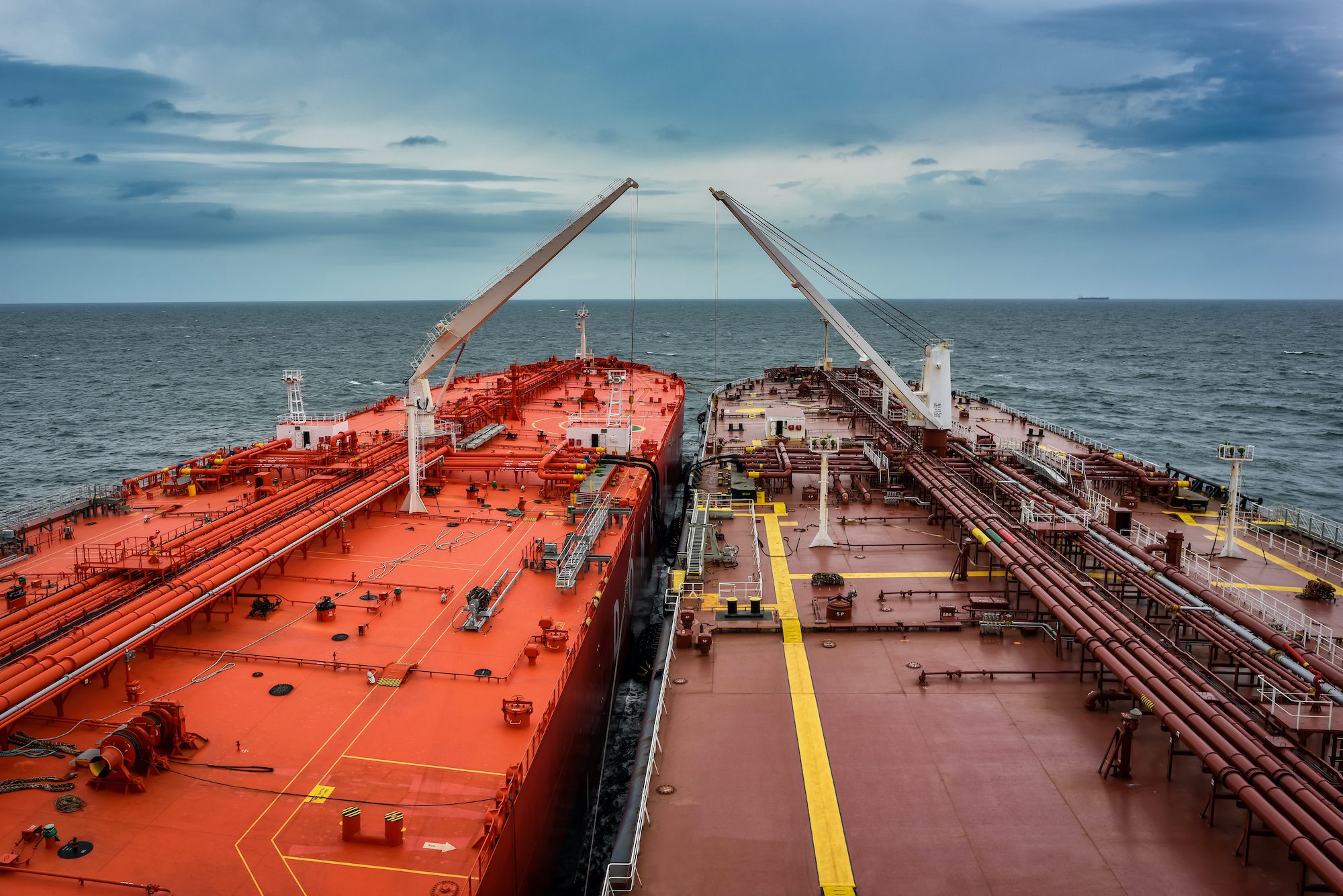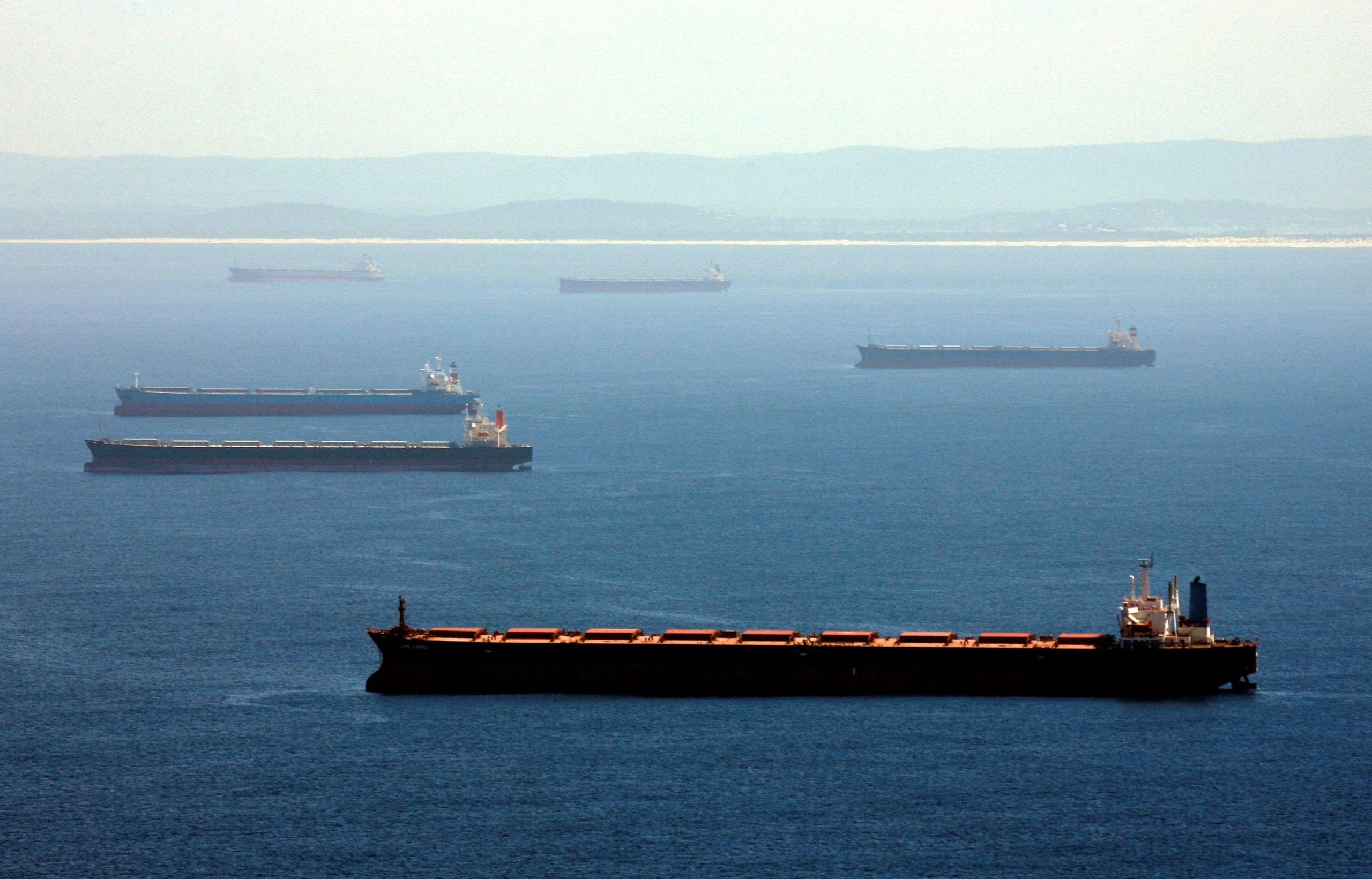Data from Vortexa, a platform in the energy industry, shows that Iran, Russia, and Venezuela are all vying to sell oil to Asia. According to the analysis, Russia’s growing exports of sanctioned crude have forced some Middle East suppliers to reduce prices in the face of competition.
The company is tracking 11 tankers – mostly Aframax sized ships with deadweight capacities between 80,000 and 120,000 metric tonnes – that have loaded Russian crude oil in ship-to-ship transfers with AIS transmitters turned off. Vortexa believes these ships have loaded 16 times since April.
“There is now a dark market that’s becoming big,” said David Wech, the company’s chief economist. “The need to export crude and products in growing volumes to long-haul destinations East of Suez, ideally disguising also the origins to attract potential buyers beyond China and India, may be growing well ahead of the sixth EU sanction package coming into force around the turn of the year.”
In 2022, Iran’s oil exports were at their highest since sanctions were imposed but they have decreased since Ukraine was invaded.
Related Book: Oil on the Brain: Petroleum’s Long, Strange Trip to Your Tank by Lisa Margonelli
“As more companies scale back from carrying Russian crude and products, those familiar with the sanctioned crude trade will continue using their tankers to assist Russia in exporting oil East of Suez,” said crude oil analyst Armen Azizian.
The Ukraine war has created a shift in tanker flows, which has resulted in an increase of ships traveling from US to Europe. Tankers are now transporting more oil from North American, Brazilian and Guyanese sources to European consumers.
The added distance Russian oil must travel to reach Asia is also contributing to a tanker shortage and a dwindling oil tanker fleet could exacerbate the problem.
EU Changes Sanction Rules
The European Union announced an easing of sanction rules to obviate the need for illicit transfers and reduce the risk of accidents. Under new rules Russian-owned companies Rosneft and Gazprom will be able to transport oil to third countries without being restricted.
Russian seaborne crude oil purchases by EU companies exporting to third countries are allowed, but modifications to sanctions against Russia which come into effect Friday make payments related to these shipments banned. Major trading firms like Glencore, Shell and Trafigura stopped buying Russian oil due to these EU sanctions, including restrictions on marine insurance.
“With a view to avoid any potential negative consequences for food and energy security around the world, the EU decided to extend the exemption from the prohibition to engage in transactions with certain state-owned entities as regards transactions for agricultural products and the transport of oil to third countries,” the EU said in a statement on Thursday.
Trading houses told rule-makers the restrictions would have led to China and India buying oil via smaller private traders and furthered the transport of Russian oil in grey areas with weak insurance against accidents and being handled by older ships that are more prone to spilling oil.
Also Read: Shrinking Oil Tanker Fleet May Deepen The Energy Crisis

 Join The Club
Join The Club











